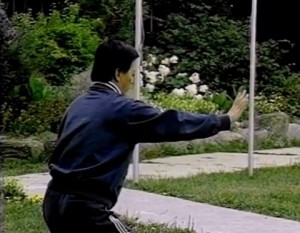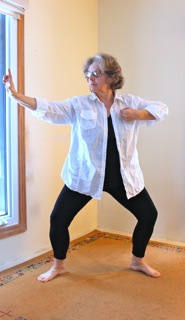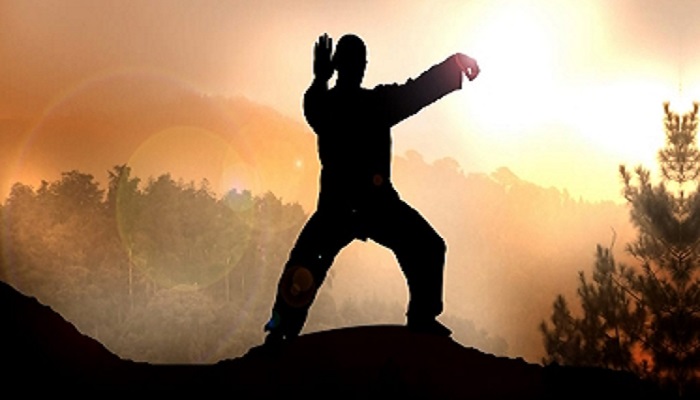What will the next fitness trend be? Has it already arrived?

According to Bruce Frantzis, it is Tai Chi. Frantzis, called one of the Westʼs greatest living masters, holds authentic lineages in Taoist energy arts.
He calls Tai Chi an über-exercise because you can do it for health, healing, martial arts and meditation. In China they say, “Tai chi (a Qigong form) can be done by anyone, male and female, young and old, strong and weak, intelligent and slow, healthy or ill.”
An über-exercise for everyone.
Studies show that Tai Chi Qigong reduces stress, heals illnesses, increases mental and physical performance, and is an effective tool for aging well. This is of particular interest to Baby Boomers as they enter their 60s. It enables them to heal or prevent the aching joints, sore muscles, memory lapses, and many other issues that come after middle age.
This evidence is what is powering the surge of interest in the Chi arts. In my own experience, typical aches and pains related to aging disappeared when I resumed my Tai Chi practice after a lapse of years: achy sore knees are almost restored to normal; lower back pain is easily managed; migraines are rarer and deflected in minutes; sleep is deeper; eating properly is easier; and I have more energy. In fact, I have almost no physical complaints at all, and when something minor does arise I am more effective at self-healing.

These things are significant; but, even more important to me is the pure joy I feel from the movement, the rhythm, the flow, as I practice my set. And the fun and satisfaction I get in teaching others.
Many people try Tai Chi, enjoy it, but quit in frustration complaining that it is complex and hard to remember. It is complex. There are many subtle skills to remember and perform all at the same time: slow, relaxed, smooth, continuous, movements performed in a state of mental relaxation with slow, deep breathing; careful attention to the alignment of all joints; proper foot placement and and weight shifting; outer and inner focus.
In traditional teaching the student tries their best to follow along with the teacher, soaking up like a sponge all that the teacher has to offer. The teacherʼs curriculum is more important than students goals and needs. For some people this ‘teacher led’ style works well. But for many it does not.
As Tai Chi enters the mainstream this method is giving way to new learner friendly approaches. Older students respond with enthusiasm to methods which take into account their life experience and individual needs. Trained teachers are developing systematic ways to teach these subtle skills so that students know exactly what they are aiming for and when they achieve it. Students gain competency sooner and nearly every one notices benefits even from their first class. For the Silo, Jackie Davies.

Tai chi is an ancient Chinese tradition that, today, is practiced as a graceful form of exercise. It involves a series of movements performed in a slow, focused manner and accompanied by deep breathing. *”,
Look at all of the most current post at our new blog site
<http://www.healthmedicine.co
Jackie,
I enjoyed reading your story, and having training in Traditional Chinese Medicine and acupuncture, I put a high value on any Chi based exercises!
Cheers.
Ashley
Such a nice calm relaxing blog
One thing I would like to add is that in this cyber age you can learn a lot about Tai Chi and Qigong online. The value depends the teacher’s knowledge AND ability to use the media effectively. My own teacher Al Simon, a three time inductee in the US Martial Arts Hall of Fame and a software engineer presents an intense and comprehensive course on the basics at http://www.cloudwater.com. It includes a free 5 lesson mini-course.